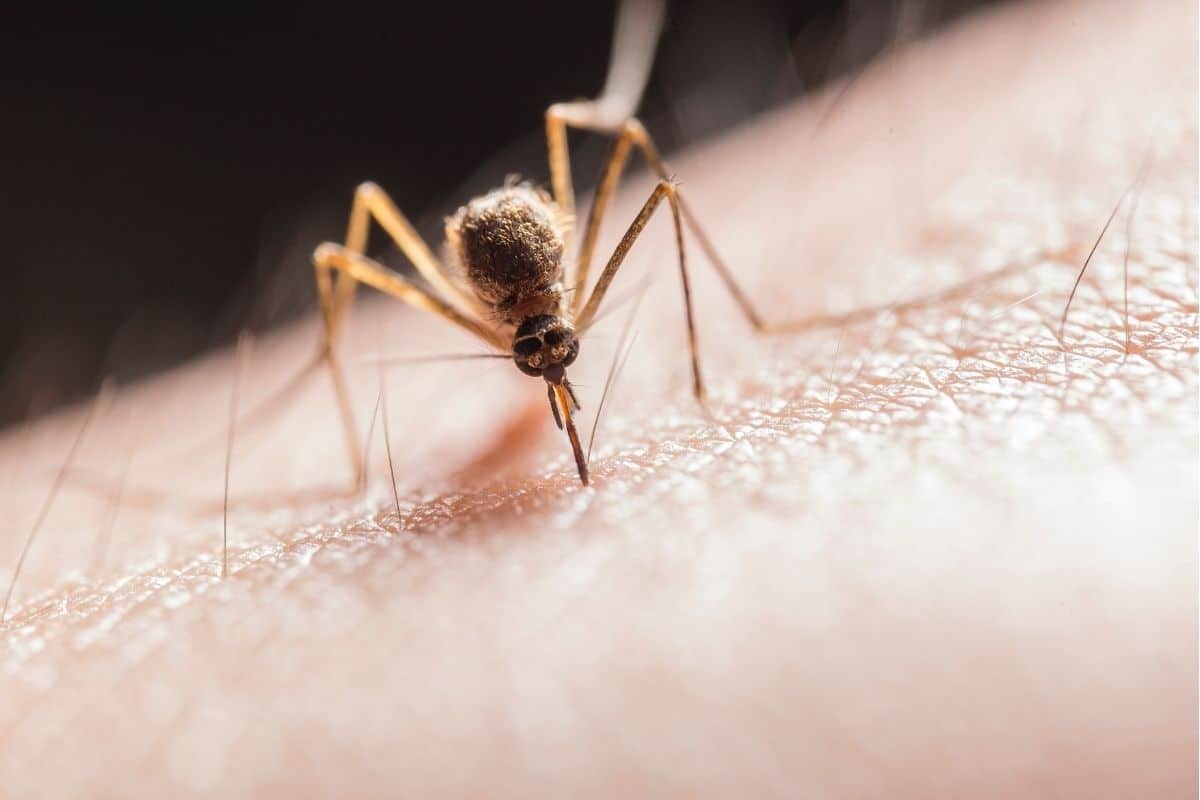
Apparently you’re not the only one who needs a good night’s sleep to function properly the next day.
If you haven’t slept at night, you will notice it almost immediately the next morning. You feel tired and sluggish and want nothing more than to flop back on the bed and continue snoozing. Interestingly enough, people are not alone in this. Because the mosquito also appears to want to make up for missed sleep after a bad night.
A mosquito’s sleep
Why is it important to study mosquito sleep? According to the World Health Organization, mosquitoes cause more human suffering than any other animal. Malaria alone single-handedly kills more than 400,000 people every year. By understanding the 24-hour rhythm of mosquitoes, researchers hope to find better ways to prevent infection. “It’s important to understand their sleep dynamics — when they feed and when they sleep,” said study researcher Joshua Benoit.
Study
However, that is easier said than done. Biologists spent more than a year developing methods to study mosquito sleep. The complexity of this is because observations can influence the outcome of almost any experiment. Mosquitoes can sense the presence of humans through our body heat, smells, movement, vibrations and the carbon dioxide we exhale and emit through our skin. “It’s very difficult to quantify mosquitoes’ sleep when, as soon as you walk into the room, you’re considered their supper,” Benoit jokes.
Three mosquitoes
The researchers eventually set up an experiment in a quiet part of the university campus, where the mosquitoes were separated from passers-by by several rooms. Using cameras and infrared sensors, they were then able to track the movements of mosquitoes without disturbing them. The team studied three different species of disease-carrying mosquitoes, namely the yellow fever mosquito – a ‘day-biter’ – the common mosquito – which searches for a meal at dusk – and the Anopheles Stephensic – which is most active at night.
sleep
In a first experiment, the biologists examined the sleeping and feeding behavior of the mosquitoes. In a second experiment, they brutally woke the mosquitoes from their sleep by means of vibrations. It leads to some remarkable discoveries. For example, 75 percent of mosquitoes that had had a good night’s sleep went looking for food the next day. But less than a quarter felt like a meal after a sleepless night. After a bad night, the mosquito only wants one thing: to continue sleeping.
Recognizing a sleeping mosquito is not that easy and requires some skill. If they are not looking for blood, mosquitoes sit still for a long time to save energy. But this does not necessarily mean that they are sleeping. However, the researchers discovered a subtle difference. When mosquitoes enter a sleep state, their hind legs hang down, bringing their bodies closer to the surface. Using video images, the team was able to determine this behavior in the examined mosquitoes. And the mosquitoes loved a nap. It turns out that they slept quite a lot; on average between 16 and 19 hours per day.
These results suggest that tired mosquitoes prefer sleep to food. And that’s quite strange. “Sleep deprivation or not, a blood meal should appeal to them,” said researcher Oluwaseun Ajayi. But nothing turns out to be less true. “What surprised me the most is that mosquitoes need blood to produce eggs,” Benoit says. “But they’re giving up their search for food completely to make up for lost sleep.”
The research, published in the journal the Journal of Experimental Biology, shows how important sleep is even for mosquitoes. Incidentally, people and mosquitoes are not the only ones who prefer to catch up on missed sleep. Because some other animals, such as honey bees and fruit flies, have also been shown to prefer to turn around after a bad night.
Source material:
†Tired mosquitoes choose sleep over food” – University of Cincinnati
Image at the top of this article: Jimmy Chan via Pexels